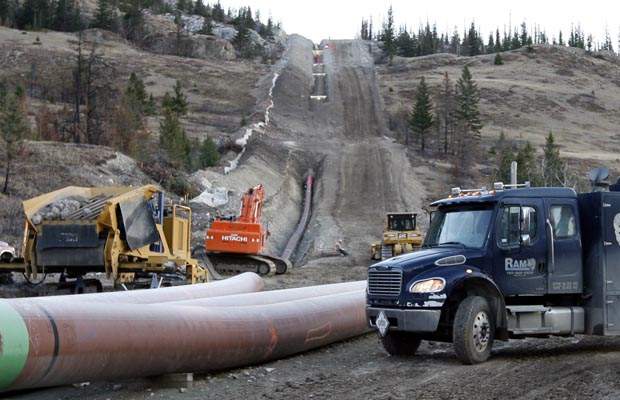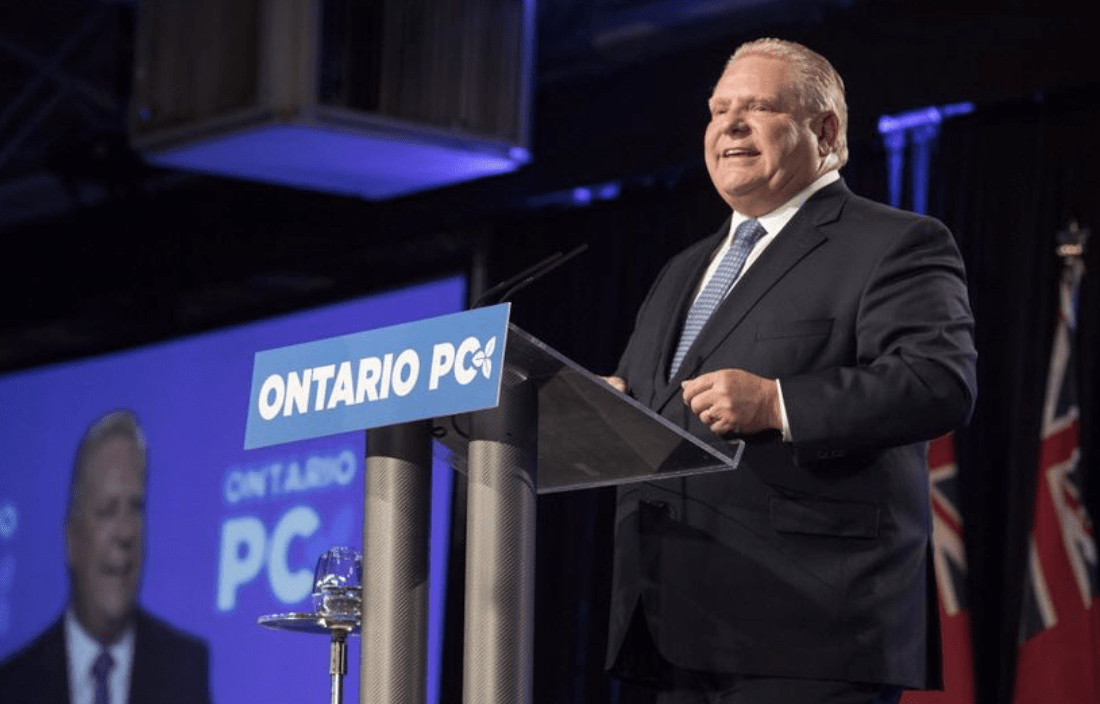There is a great deal of wailing and gnashing of teeth in Alberta these days around the record price differential for oil exports. It's a tough nut to crack, no doubt, but it's also one that there's not a lot that any one government is going to be able to solve overnight. While people keep insisting that more pipelines will help and it's true, they will if they're going to tidewater that's easier said than done, but not for the reasons you may think. Let me also preface this discussion by reminding everyone that I am from Alberta, and I have family that works in the oil patch, so yes, this is something that I have a personal stake in.
Let's first examine why we're in the situation that we're in, and it's not something that happened overnight. For decades, there was an expectation that Alberta could more easily sell to a captive US market, given that they imported a lot more than they produced domestically, and we were willing suppliers. While there has always been a differential in price, owing to the fact that Alberta crude tends to be heavier and has a higher sulphur content, that differential was always expected and manageable. This is in large part why we didn't have much in the way of pipelines that went to tidewater there simply wasn't the economic case for it.
Over the past decade, the market shifted in ways that no one really could have anticipated. The shale oil revolution in the US has ramped up their domestic production and displaced a lot of our imports. The difficulty in building new pipelines was also something that nobody really anticipated, but there is a lot of misleading rhetoric around why that's the case.
The current differential situation is largely a supply and demand problem new oilsands production in Alberta has come online that is pumping new supply into a market that is already overloaded. Thanks to refinery shutdowns in the US largely for routine maintenance and retooling oil is piling up with nowhere to go. Lots of new supply with less demand equals lower prices that's the simple math behind it. Some of this will ease as those refineries come back online and the demand for product starts to ramp up, but it has a lot of people demanding a longer-term solution for this differential issue. The problem, of course, is that there are few options when it comes to finding one.
Some voices, such as the NDP and Green Party, want more refineries built domestically, believing that there is a "value-added" industry that is somehow being ignored. The problem there is the economics of the proposal refineries are expensive, on the order of $10 billion apiece, and proponents want government subsidies to build them. But refining is a low-margin exercise, and there's a reason why there's been less demand for refining overall across the country, and why more refineries have shut down over the past decade than have been built.
Other voices demand pipelines as the solution, but again, that's not something that can happen overnight either. Pipeline champions have been labouring under the impression that the current government has been hell-bent on killing them at all costs, mythologizing about the deaths of Northern Gateway (struck down by the courts for lack of proper consultation), Energy East (market conditions didn't warrant it to go further given that Keystone XL was moving ahead and the proponent needed to shift their supply contracts to it), and now the Trans Mountain expansion (and yet the government bought the existing pipeline to ensure it would go ahead).
There have been demands that the federal government kill their Bill C-69, their environmental assessment legislation, and yet nobody can point to any one section in the bill designed to kill pipelines. The bill is flawed, but the underlying idea is to better pre-scope projects to that proponents don't have to do the unnecessary work of producing hundreds of boxes of documents that nobody will read, but would rather do the work of engaging with local communities up front to ensure a swifter process. And both proponents and environmentalists point to the level of ministerial discretion that the bill gives over the approval process as being the biggest impediment to certainty, but we also need to remember that a purely technocratic process would mean that nobody is ultimately accountable for decisions, which isn't necessarily a good thing in a democracy.
We also need to remind ourselves that the gutted environmental assessment process that the Harper government implemented didn't ensure that projects got approval any faster, given that everything landed in court, and the reasons why projects keep getting stopped by the courts is because both governments and proponents haven't been doing their due diligence, but were rather trying to cut corners and weasel out of their obligations wherever possible, and the courts were having none of it. That's not a failure of the regulations, but a failure of governments and proponents to abide by the rules.
So is there an immediate solution to this problem? There have been attempts to get Alberta Premier Rachel Notley to try and impose a throttling of production in order to keep too much supply from entering the market, thus hopefully increasing prices, but there is no uniformity in the market as how the impacts will be felt, given that some oil companies built their own refineries, and others have better pipeline contracts. Imposing a solution could simply make things worse, which means that we'll probably have to wait and let the market sort itself out. It's a solution that won't make the problem go away anytime soon, but these are also problems that are decades in the making, and exacerbated by local supply and demand issues. There won't be a quick and easy solution, and no easy answers, but simply screaming and demanding that the federal government do something anything won't make it go away.








